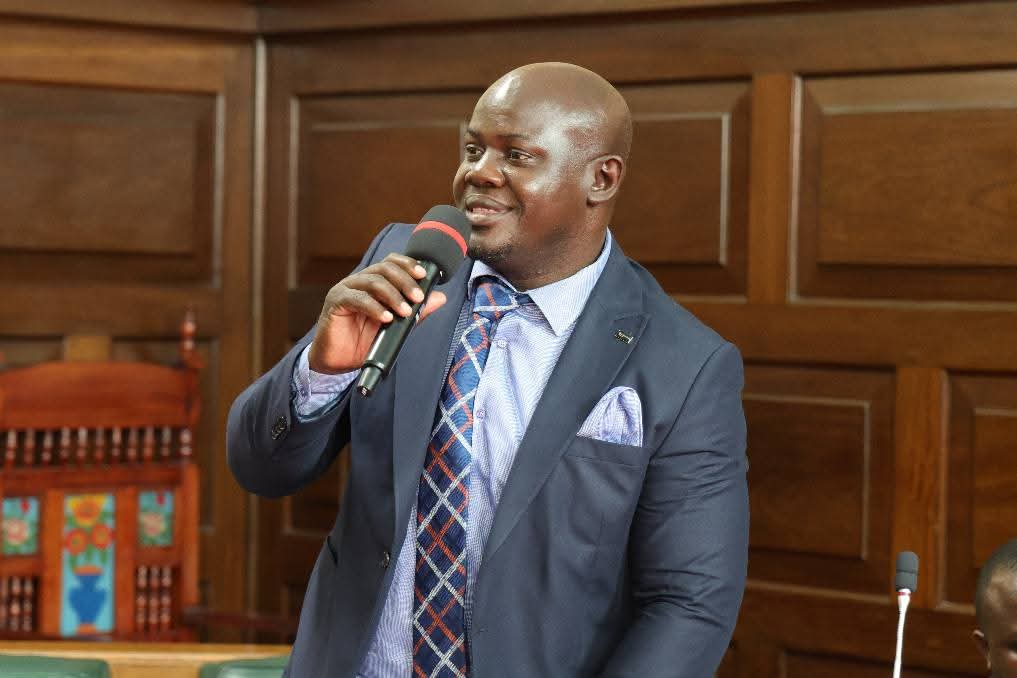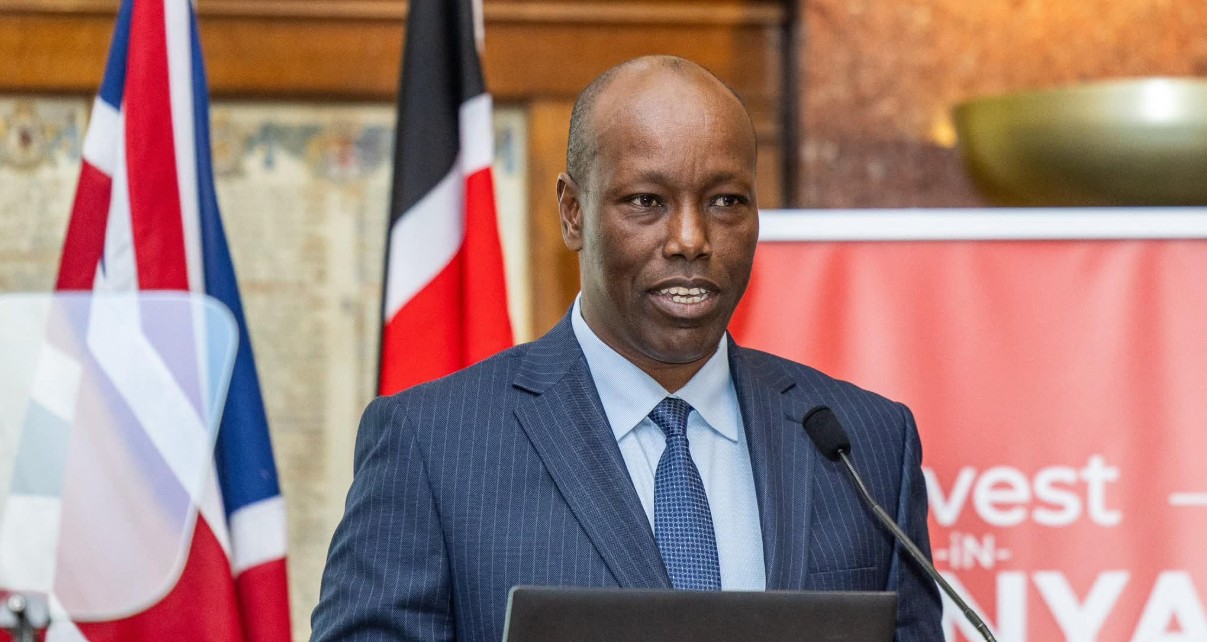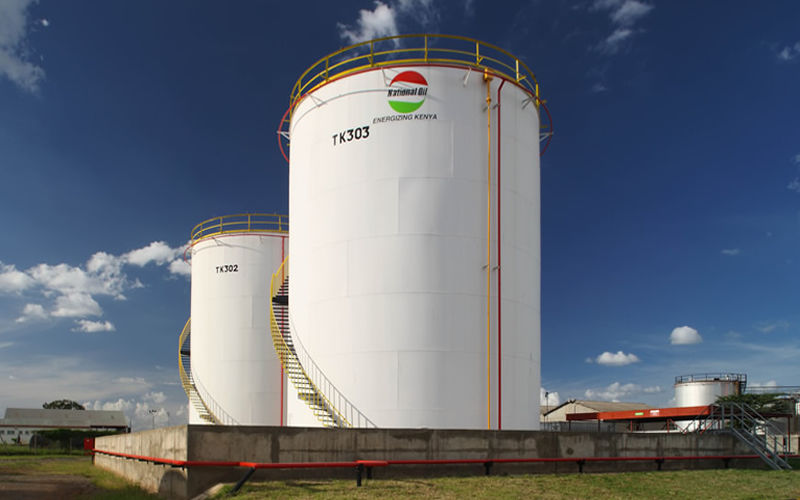Government raises legal drinking age to 21 in new proposals

The directive marks a major shift in Kenya’s alcohol control framework, where for years the legal drinking age had been set at 18.
The government has raised the legal drinking age from 18 to 21 years in a new proposal aimed at reducing early exposure to alcohol and its associated risks.
Through a new policy issued by the National Authority for the Campaign Against Alcohol and Drug Abuse (NACADA), no person under the age of 21 will be allowed to consume alcohol or enter any alcohol-selling premises, whether accompanied by an adult or not.
More To Read
- NACADA says no alcohol bans effected, clarifies new policy only offers recommendations
- We’ll seize property linked to alcohol and drug crimes, declares CS Murkomen
- Ten places where alcohol sale is prohobited in NACADA's new proposals
- Here are NACADA's new tough proposals to curb rising drug and substance abuse
- Government unveils new policy to tackle drug and substance abuse
- Kenya to raise legal drinking age to 21, ban online alcohol sales in major policy overhaul
The directive marks a major shift in Kenya’s alcohol control framework, where for years the legal drinking age had been set at 18.
Under the new proposals, all entertainment spots and alcohol-selling outlets will be required to strictly enforce the new age limit and deny entry to those below the threshold.
“Additionally, no person under the age of 21 will be allowed to access or enter any alcohol-selling outlets - whether accompanied or unaccompanied by an appropriate adult,” the policy reads.
The ban is part of a wider campaign targeting harmful drinking habits, particularly among the youth.
The move is intended to delay the age of initiation into alcohol use, which experts have linked to lifelong health problems, addiction, and increased risk-taking behaviour.
The new rules will also affect marketing strategies across the country. NACADA has banned celebrities, influencers, entertainers, sports and media personalities from endorsing or promoting alcohol, drugs, and other substances.
This is expected to cut off the influence of popular figures in shaping attitudes towards drinking.
The authority noted that restricting advertising and raising the age limit would help reduce the social appeal of alcohol among the youth and make it harder for underage individuals to access or engage with alcohol-related content and spaces.
In February 2025, NACADA launched the Status of Drugs and Substance Use Among University Students in Kenya revealed that alcohol continues to be the most commonly used substance among university students.
The data reported that 87.3 per cent of students consume alcohol, followed by cigarettes at 64.4 per cent, and shisha at 41.2 per cent.
The study surveyed 15,678 undergraduate students from both public and private universities in Kenya.
It also showed that 66.4 per cent of respondents said they get drugs or substances from their friends, while 59.3 per cent said they source them from neighbourhood canteens and bars.
The Authority has been engaging communities and collaborating with faith-based organisations to help sensitise citizens against the use of substances.
Top Stories Today












































